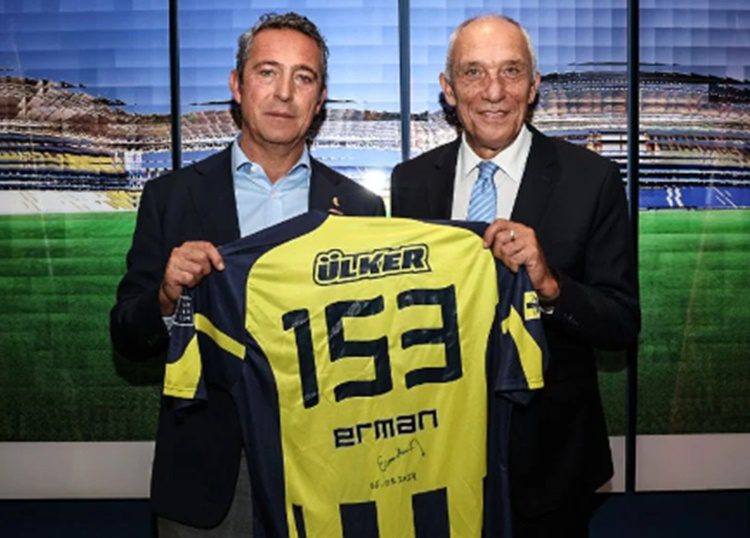The Legacy and Current Standing of Fenerbahçe Sports Club

Introduction
Fenerbahçe Sports Club, based in Istanbul, is one of the most storied and successful sports clubs in Turkey and Europe. Founded in 1907, Fenerbahçe not only boasts a rich history but also an extensive fan base that passionately supports its teams across various sports disciplines. The club’s significance transcends football, representing a cultural phenomenon that unites millions of people.
Historical Background
Fenerbahçe was established as a football club; however, it expanded to include basketball, volleyball, athletics, and other sports over the decades. The football team holds the record for the most Turkish Süper Lig titles, with 28 titles to its name as of 2023, reinforcing its dominant position in Turkish football history. Notably, the team achieved a landmark victory by becoming the first Turkish club to reach the UEFA Champions League quarter-finals in 2008.
Recent Developments
In the 2022-2023 Turkish Süper Lig season, Fenerbahçe displayed a strong performance, finishing in the top tier of the competition and qualifying for European contests. The club made significant investments in player acquisitions, further solidifying its title of a competitive powerhouse. Current manager Jorge Jesus has been pivotal in revitalising the squad, employing strategies that enhance their performance both in the league and in European football.
This year, Fenerbahçe is actively competing in the UEFA Europa League, with hopes of advancing further than the group stage. The club’s commitment to nurturing homegrown talent has been evident, with a youth academy that consistently produces skilled players who contribute to the first team.
Community Engagement and Fan Culture
Fenerbahçe is also known for its vibrant fan culture, with loyal supporters who create a remarkable atmosphere during matches at their home ground, the Şükrü Saracoğlu Stadium. The supporters are more than just fans; they are a crucial part of the club’s identity, engaging in community initiatives and philanthropic efforts to uplift local areas.
Conclusion
As Fenerbahçe continues its journey in domestic and international realms, the club remains a pivotal player in Turkish sports culture. Its potential for success in future tournaments is unprecedented, as the management and staff focus on harnessing talent and expanding their global reach. For fans and sports enthusiasts, the upcoming seasons promise thrilling moments and the possibility of adding to the club’s illustrious legacy. Fenerbahçe is not just a football club; it is a symbol of pride, unity, and resilience for millions around the world.








